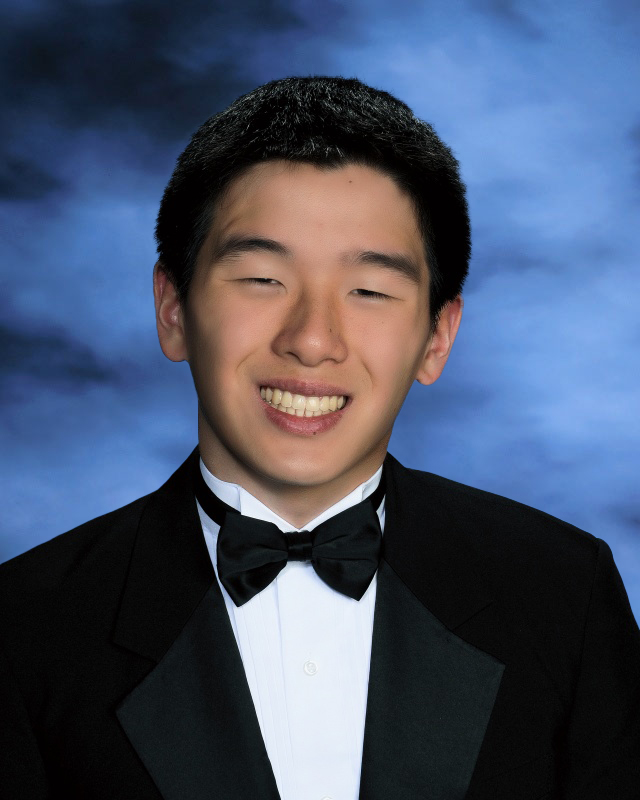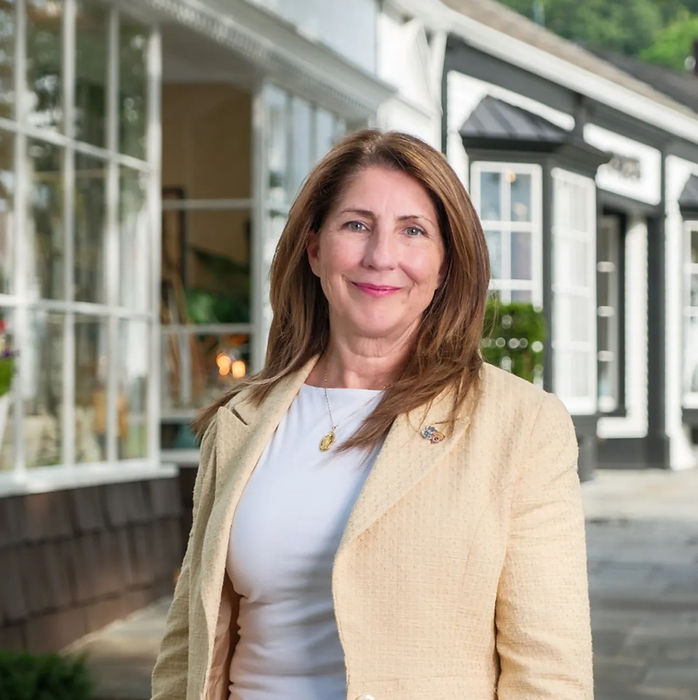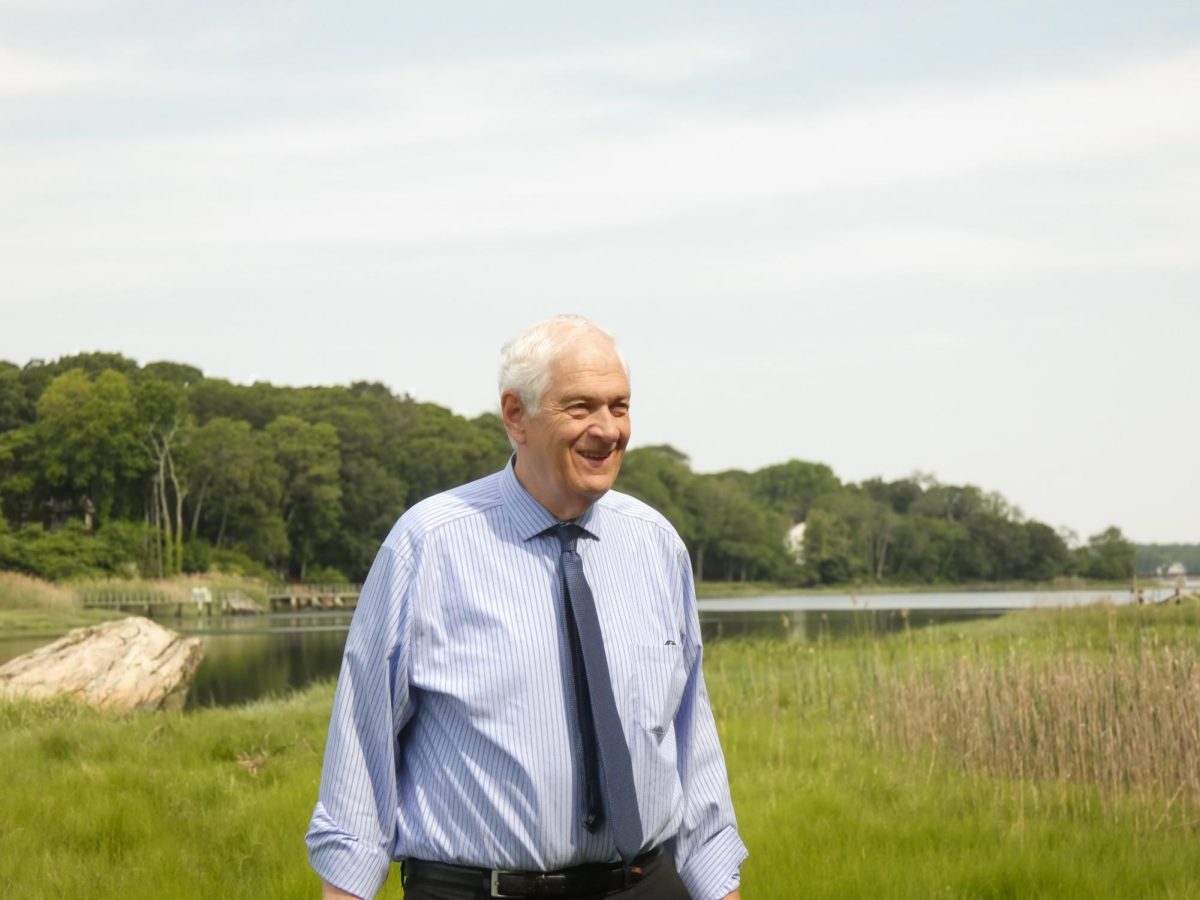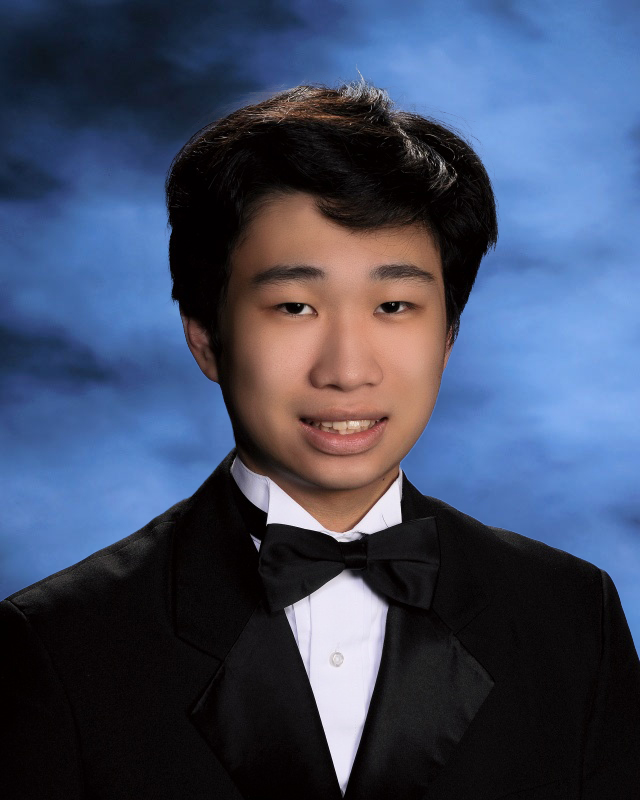This article was originally published in Kaleidoscope‘s Spring 2025 print edition. It is being published as a separate online article now for easy access.
The setting sun melted soft, sherbet pink-and-orange hues into the gull-strewn sky over West Meadow Beach in the minutes before my meeting with valedictorian Oliver Wu. Despite the tranquility, my mind raced, attempting to predict the direction our conversation would take. The only thing I knew for certain was that it wouldn’t follow the straight, predictable line of Trustee’s Road — our mile-long shoreline path already well-beaten by the countless exchanges of beachgoers and bicyclists.
By all accounts, traditional schoolwork seems only to be a modest-sized fish in a much larger sea of Wu’s endeavors. He is undoubtedly accomplished in the typical fashion of a top-performing student, as is evident in the rigor of his courses, various leadership positions and acceptance into the prestigious Princeton University, where he will study public policy. But on this breezily warm spring evening, his enthusiasm for learning about the world around him shone not just through his academic prowess, but even more brightly in his dedication to the art of music and literature, his unwavering commitment to authenticity and, above all, his magnetic affinity for human connection.
In a way, Wu’s summer has already begun. With high school pressures lessened, he is taking advantage of his newfound sense of control and freedom. He expects to spend the upcoming months making the last few memories with his peers before they go their separate ways. Currently, his love for reading occupies much of his daily life, from reading books to dissecting poetry to spending self-admittedly unhealthy amounts of time pouring over his Substack subscriptions.
Wu’s literary proficiency also shines as editor-in-chief of Kaleidoscope, Ward Melville’s student-run newspaper club. He plans to take his passion for journalism into his future, ready to join a staff of writers at The Daily Princetonian. As such, he’s sometimes disheartened by the shortage of sincere interest for the craft, observing that, often, even people who write rarely explore news beyond what they briefly glimpse on social media. He also comments on the usage of AI models such as ChatGPT to replace linguistic skills, saying, “There are more ways to use language outside of what ChatGPT does … Even if writing is not something you devote your life to, we have to hold onto our ability to use language.” His focus on the importance of language extends beyond school walls as he seeks to gain a deeper understanding of the relationship between language and culture through his research at Stony Brook University.
Wu attributes much of his achievement to a legitimate enjoyment for what he does, both in and out of the classroom. “I wish there was more genuine interest from people for what they do … If you have good grades but don’t have interests or individuality, those grades amount to very little,” he elaborated.
Further along, he shared that he hopes future students will recognize their autonomy. “I feel as though we could be more adventurous, and I want people to go out of their comfort zone and be involved. Things that are not quote-unquote essential to living are the things that enrich your life the most,” he remarked. As evidence, Wu confessed that he struggled with public speaking, a difficulty I would never have guessed through his articulateness and composure. “I don’t want people to feel that just because something doesn’t come naturally, it’s not for them,” he said earnestly.
Wu’s steadfast belief in pursuing genuine passions can be traced into his study of public policy. The seed of his engagement with the political world was planted in sixth grade through transformative conversations with classmates, who introduced him to an uncharted realm of knowledge and discourse. His curiosity blossomed as he began actively reading about world issues. “When I got my phone and started reading the news often — especially during COVID, the Black Lives Matter movement and Stop Asian Hate — I became really interested in democracy and what social activism could accomplish,” he said.
Since then, Wu has been outspoken on a variety of political and humanitarian issues. When I asked if he’s ever hesitant of voicing his perspective on topics others might shy away from, he responded, “I say what I say because I truly believe in it. I feel strongly about these issues and I want more people to know about them.” At the same time, he searches for the bigger picture scattered throughout a wide array of sources and viewpoints. “Some people feel that because I am very strong in my beliefs, they don’t have room to share their opinion around me. I don’t want that to be the case, and I wish more people would feel empowered enough in their knowledge to challenge my perceptions.” He expresses excitement towards being surrounded by new people at university who will share a range of ideas formed outside of the boundaries of our community.
I also found Wu’s craving for a diversity of perspectives nestled within his appreciation for music. As we unpacked this instrumental facet of his journey, the profound gratitude he has for the relationships forged through music resonated deeply with me. Wu’s early starts on piano and violin are strong foundations for his technical skill and comprehension, showcased through his membership in the highest-honored orchestra at Ward Melville. He is also a leader for aspiring musicians as president of the Ward Melville Tri-M Music Honor Society and the Long Island Youth Development Music Club — roles that are in line with his belief that “it falls on me and other upperclassmen to inspire our younger students.”
In addition, he spoke extensively about his bonds with musicians from a mixture of backgrounds, crediting his NYC-based violin teacher as both a mentor and a facilitator who gave him the opportunity to “play music with others with vastly different life journeys.” Ultimately, his time in the orchestral world has served as an invaluable outlet in his mission to familiarize himself with a diverse blend of lived experiences.
As a recurring theme, he also unearths the presence of human connection in his enjoyment of listening to music. He recounts contentedly that, while the performance at the Charli xcx concert he recently attended was “pretty awesome,” what stuck with him even more was the “powerful collective feeling of togetherness and weightlessness” that blanketed the streets packed with fans milling outside the concert venue after the show had ended. Although — or maybe because — he did not grow up listening to Today’s Top 40, his first encounters with radio music around fourth grade opened up an irresistible rabbit hole of auditory possibilities for him to dive into. In a world where it can feel like everything has already been done and done again, his undertaking to acquaint himself with songs from all types of genres and creators has illuminated the beauty in the “continued ability for people to envision new things.”
Wu looks forward to college, propelled by his lifelong eagerness for the unfamiliar and the unexplored that awaits him. “I’m so excited,” he reflects, “to have the freedom to feel as if the world is at my fingertips, and I can go out there and take it all in.” As he soars into the future with a purpose, I am confident that it is a matter of when, not if, he will leave his mark.









